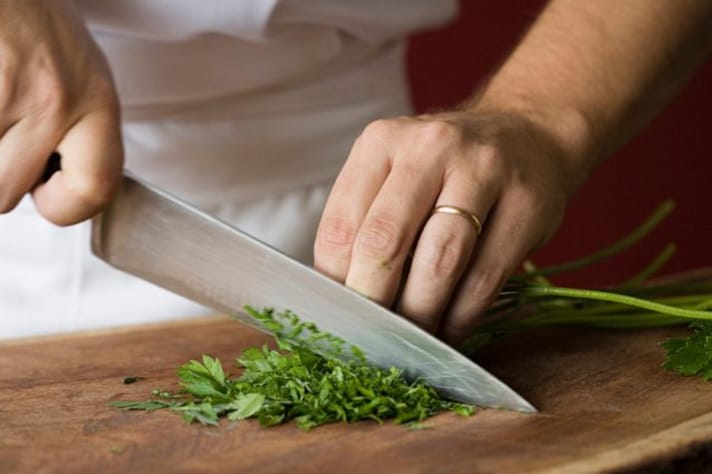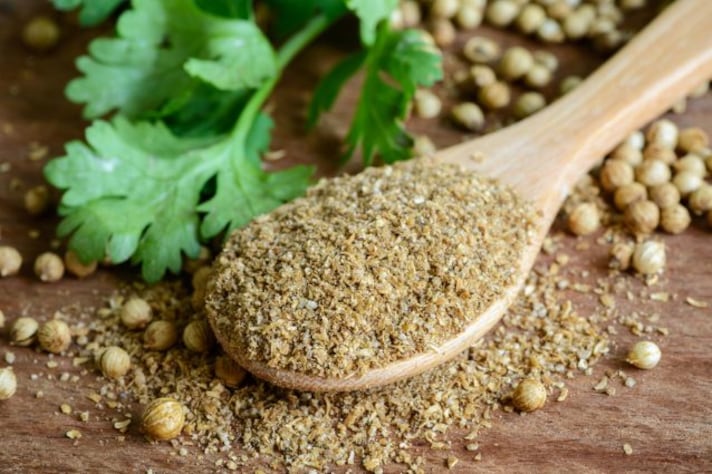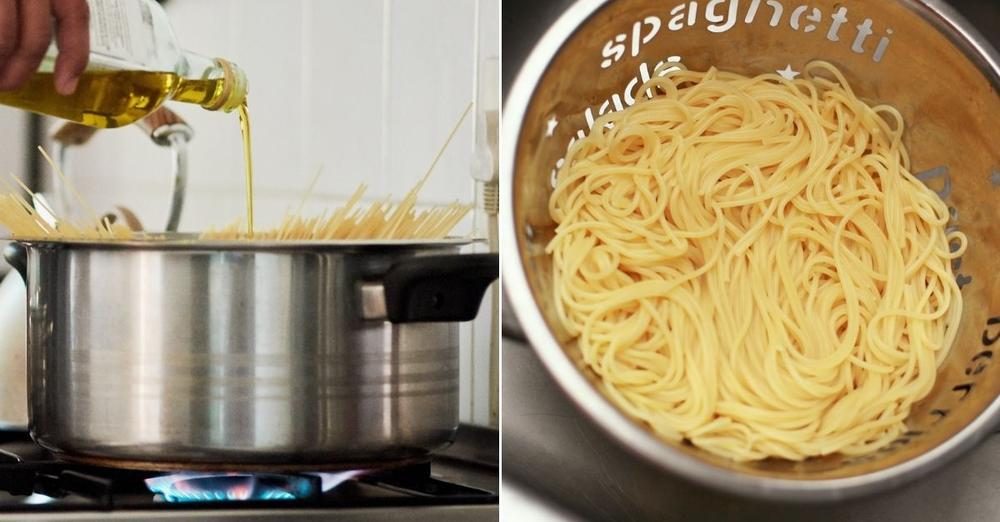The One Mistake You Should Never Make with Cilantro (Ever Again)
If you’ve been tossing cilantro stems in the trash, you’ve been making a major mistake. While most people focus on the delicate leaves, the stems hold even more flavor and texture—perfect for salsas, soups, and sauces. Ignoring them means missing out on a richer, more complex taste. It’s time to stop wasting and start making the most of this underrated part of the herb.

Cilantro is one of the most polarizing herbs out there—either you love its fresh, citrusy brightness, or you’re convinced it tastes like soap. But whether you’re a devoted fan or a reluctant user, there’s one mistake that too many people make with cilantro, and it’s ruining their dishes before they even hit the plate. If you’ve been guilty of this culinary crime, it’s time to change your ways.
Stop Tossing the Stems—They’re the Secret Weapon
For too long, cilantro stems have been treated like kitchen waste, mindlessly discarded in favor of the delicate leaves. But here’s the truth: those stems are packed with flavor—arguably even more than the leaves themselves. They carry the same fresh, slightly peppery essence but with an added intensity that can elevate your dishes to a whole new level. If you’re chopping off the stems and tossing them in the trash, you’re not just wasting perfectly good cilantro—you’re missing out on its best qualities.

The Science Behind the Flavor
Cilantro gets its signature taste from aldehydes, the same compounds found in citrus peels. These flavor molecules are present throughout the plant, but the concentration in the stems is higher than in the leaves. While the leaves provide that familiar bright, herbaceous note, the stems offer a deeper, more complex flavor with a touch of crunch. Ignoring them means you're stripping your dish of an extra layer of depth that could make all the difference.
A Textural Advantage You Didn’t Know You Needed
Beyond flavor, cilantro stems also offer a unique texture that can enhance a dish in ways the leaves simply can’t. Finely chopped, they add a pleasant crispness to salsas, marinades, and sauces. When blended, they provide structure and body to pesto, chutneys, or even a fresh green sauce for tacos. In soups and broths, they infuse more flavor than the leaves ever could, making them a chef’s secret weapon for building depth without overpowering a dish.

The Right Way to Use Cilantro Stems
Before you go dumping whole stems into your next dish, it’s important to know how to use them properly. The thinner, tender stems near the leaves can be used raw in salads, salsas, and garnishes without any issue. The thicker, lower stems are best when finely chopped or blended into sauces and soups. If you're making a broth, whole stems can be tossed in like bay leaves to steep flavor into the liquid before being removed.
;Resize,width=767;)
;Resize,width=712;)

;Resize,width=712;)
